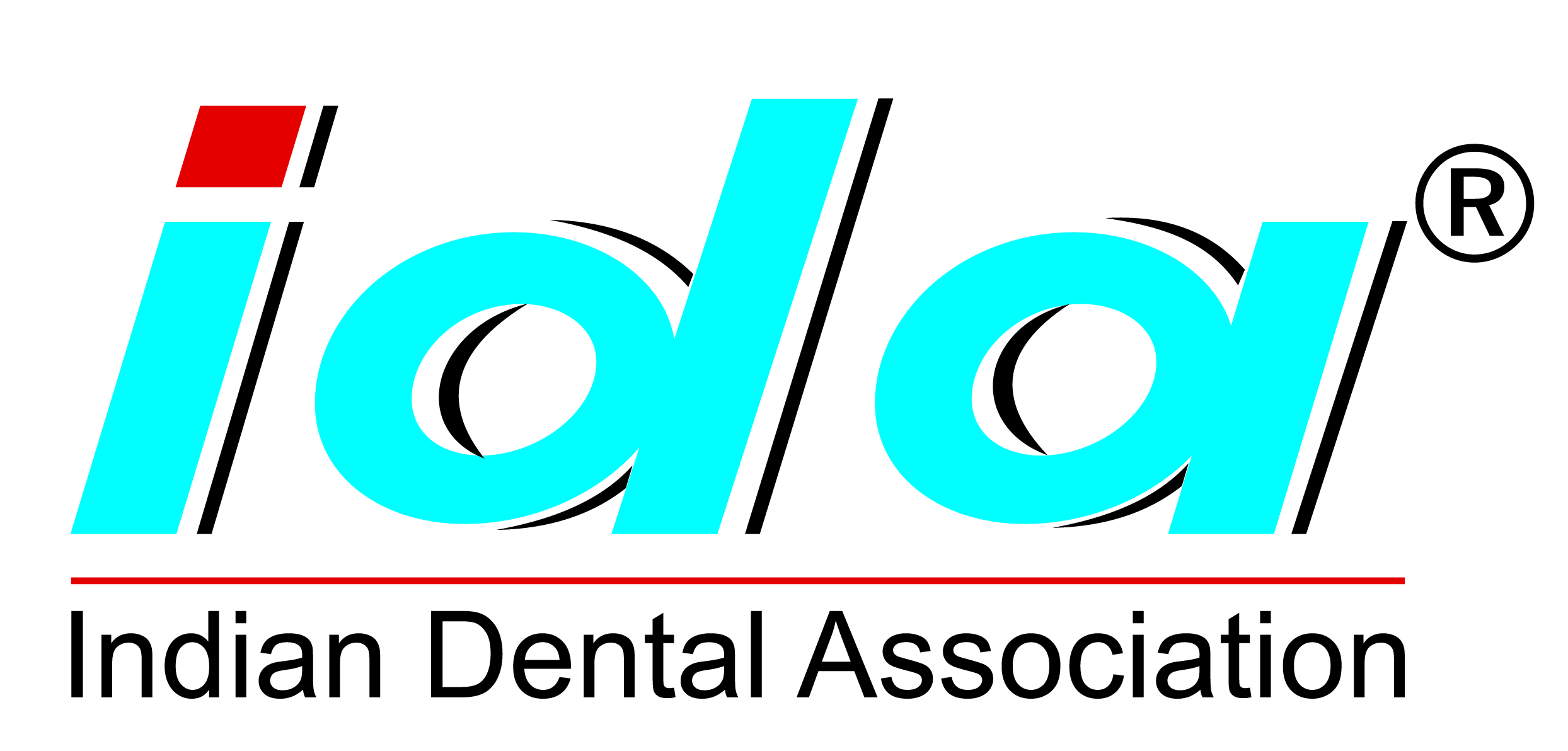Many dentists are offered an expense-sharing partnership with the practice owner,
which usually grants the associate a higher income and more job security. Offers
of partnership are rare before a dentist has 5 or more years of experience and has
developed some business acumen as well as become an experienced dentist.
There are a number of reasons for an owner to offer a partnership :
-
The owner may wish to share the administrative burden of running a business.
-
The owner may wish to be able to share and discuss their business worries with someone
who will listen.
-
The owner may wish to retain a good associate in the practice, to provide stability,
due to the difficulty in recruiting loyal associates.
Partnerships can run into difficulties unless there are strict agreements about
how they operate. Usually an associate has to "buy" their way in to a partnership.
They pay the practice owner an agreed amount to become a partner. The associate
must decide if the extra profit and benfits s/he will acquire will cover the cost
of buying in.
A dentist practicing as an employee or on contract basis through a dental organisation
is an associate. Though both are termed as associate, their duties and responsibilities
are diverse.
-
Is involved in purchase of instruments, equipments, etc. necessary to run the dental
practice. Also for their repairs and maintenance.
- Can put forth safety measures for everyone.
- Will decide upon the guidelines and specifications in patient care.
- Should be committed to patient care management practices.
- Can device or alter treatments to patients.
-
Cannot practice outside the organisation without permission from the authority.
If organisational authorities find any such practice, the dentist is liable to legal
action and sometimes suspension.
-
Can guide the organisation regarding performances of the workers or assistants under
him/her.
-
Is entitled to benefits and insurance plans as other employees within the organisation.
- Practices independently within the organisation.
-
Hires or shares the organisational premises for practice. Has to pay charges or
a share of the patient fees to the organisation.
- Has no authority to change the working or performance of the organisation.
-
Is not entitled to any benefits, insurance plans or expenses as other employees.
- Owns the practice and patient fees.
- Cannot delegate work to the rest of the staff.
- Has to pay up for any damage or loss caused in the dental premises.





